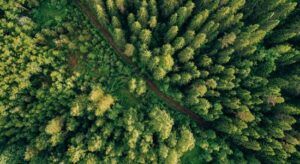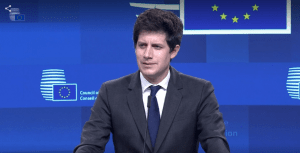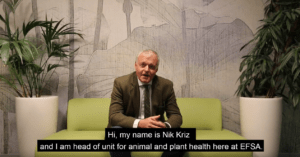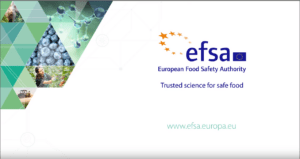
CDE Almería - Centro de Documentación Europea - Universidad de Almería
Centro de Documentación Europea de la Universidad de Almería
Agricultura y Pesca
Documentación comunitaria en las áreas de Agricultura, Desarrollo Rural, Pesca, Seguridad Alimentaría y Silvicultura.
Contiene también las últimas noticias, mediateca y boletines relacionados con la materia.
Estás aquí: Fondo Digital CDE > Agricultura

Sorry, we couldn't find any posts. Please try a different search.
Noticias relacionadas
Boletines CDE
- BOLETÍN INFORMATIVO INVESTIGACIÓN + INNOVACIÓN EN LA UE (Nº 9)
- BOLETÍN INFORMATIVO INVESTIGACIÓN + INNOVACIÓN EN LA UE (Nº 8)
- BOLETÍN INFORMATIVO INVESTIGACIÓN + INNOVACIÓN EN LA UE (Nº 7)
- BOLETÍN INFORMATIVO INVESTIGACIÓN + INNOVACIÓN EN LA UE (Nº 6)
- BOLETÍN INFORMATIVO INVESTIGACIÓN + INNOVACIÓN EN LA UE (Nº 5)
- BOLETÍN INFORMATIVO INVESTIGACIÓN + INNOVACIÓN EN LA UE (Nº 4)
- BOLETÍN INFORMATIVO INVESTIGACIÓN + INNOVACIÓN EN LA UE (Nº 3)
- BOLETÍN INFORMATIVO INVESTIGACIÓN + INNOVACIÓN EN LA UE (Nº 2)
- BOLETÍN INFORMATIVO INVESTIGACIÓN + INNOVACIÓN EN LA UE (Nº 1)





